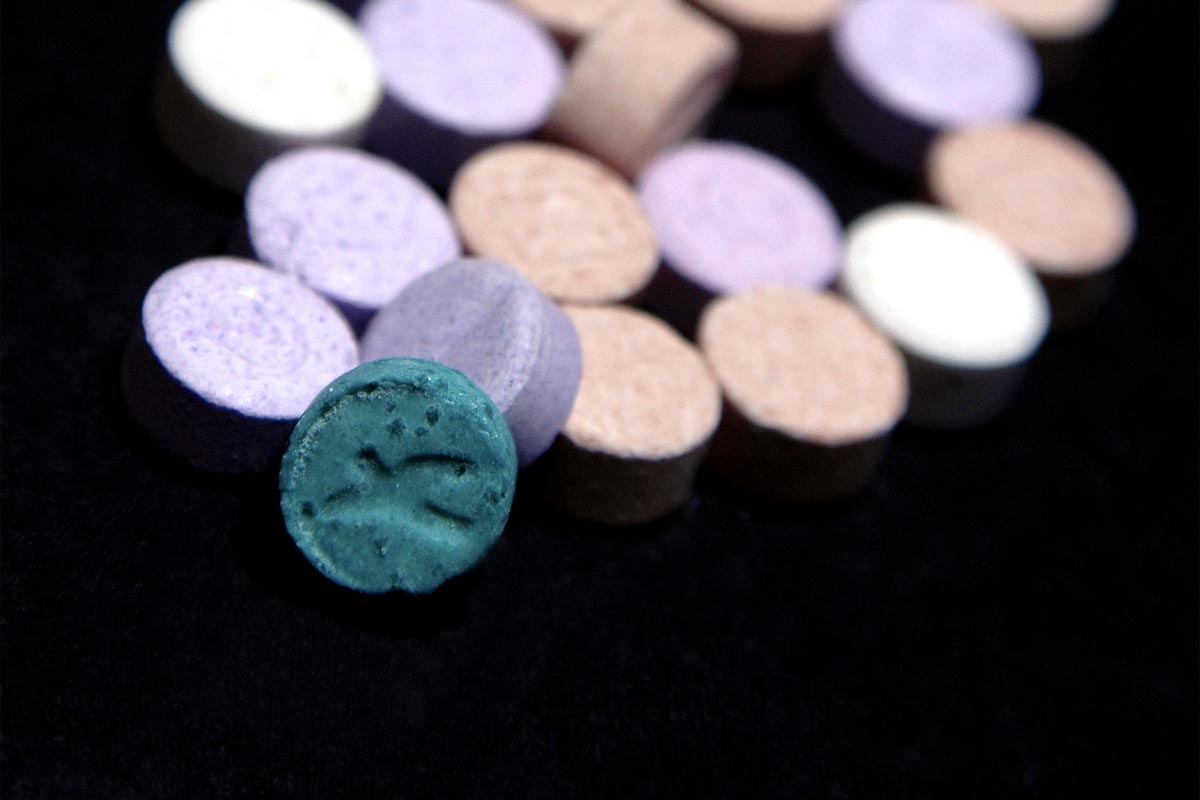
There is a common theme among addicts and alcoholics, most of us have experienced some type of trauma in our lives. That is not to say that trauma caused the addiction, but rather that addressing trauma could help treat the disease. However, there is a wide variety of opinions on how to treat such trauma to ensure the best outcomes.
It is no secret that some people living with addiction have a hard time working a program of recovery. There could be a number of reasons for this, but one of the more common factors involves an untreated co-occurring disorder. Conditions which can include: anxiety, depression, bipolar disorder and post-traumatic stress disorder.
Research supports the belief that people attempting to recover from addiction fare best when co-occurring disorders are treated simultaneously. Addiction treatment centers that focus on the whole patient typically have the best track-records. But, there are cases when clients do not respond well to practices that work well for others. In turn, researchers are constantly on the lookout for novel approaches.
Alcohol and MDMA
Around the world, people abuse alcohol more than any other mind-altering substance. It makes sense. Think about it, alcohol is legal for adult consumption in the western world. The substance is pervasive and can be found with little effort and be purchased on the cheap. More people die from alcohol-related illnesses than any other drug. The longer one imbibes in unhealthy ways, the greater the risk of health complications. Increasing the effectiveness of accepted treatment methods can go a long way. And addressing trauma may be the answer.
A new clinical study is about to kick off in the United Kingdom involving heavy alcohol users and 3,4-Methylenedioxymethamphetamine, The Guardian reports. The latter of which you may know as MDMA, the main ingredient in the club drug ecstasy. All the study participants have not responded well to the more common form of addiction treatment, being chronic relapsers. The patients will be given nearly pure MDMA in conjunction with psychotherapy.
“We know that MDMA works really well in helping people who have suffered trauma and it helps to build empathy, said Ben Sessa, a clinical psychiatrist on the trial and senior research fellow at Imperial College London. “Many of my patients who are alcoholics have suffered some sort of trauma in their past and this plays a role in their addiction.” Sessa adds: “After 100 years of modern psychiatry our treatments are really poor. The chances of relapse for these patients are really high—90% at three years. No one has ever given MDMA to treat alcoholism before.”
Alcohol Use Disorder Treatment
We will continue to follow this important story and the outcomes of the clinical study. There is much that is not understood about drugs with hallucinogenic properties. It’s possible that this study will shed some light on the subject.
At this juncture, however, the best opportunity of achieving long-term addiction recovery is go to a treatment facility that focuses on dual-diagnosis. Treating co-occurring disorders is possible. At 10 Acre Ranch, we are fully equipped to address your addiction and other mental health disorders. Please contact us today.




